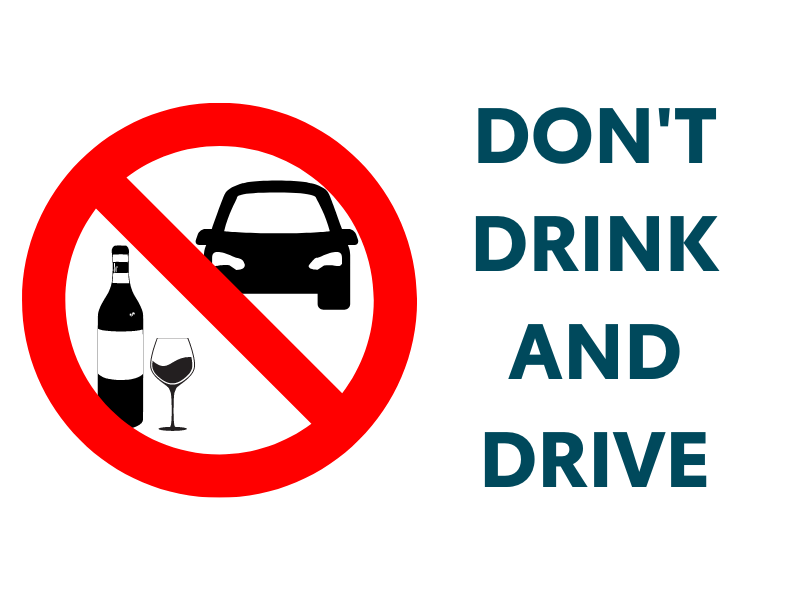Many of the functions that we depend on to drive safely are affected when we drink alcohol. For example, the brain takes longer to receive messages from the eye, processing information becomes more difficult and instructions to the body’s muscles are delayed resulting in slower reaction times.
You can also experience blurred and double vision, which affects your ability to see things clearly while you are driving. You’re also more likely to take potentially dangerous risks because you can act on urges you normally repress.
